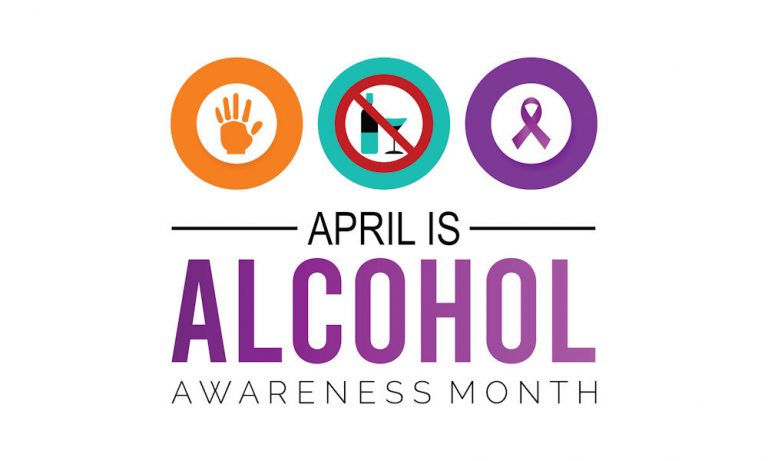Resentment & Relapse
- Landon Payne
- Feb 6, 2024
- 3 min read
Updated: Apr 9, 2024
If you've been following my journey, you're aware that reintegrating into society as a sober individual has been quite the adventure for me. Initially, I found solace in isolating myself to avoid triggers after quitting drinking. However, I soon realized that staying cooped up and disconnected from the world outside wasn't sustainable or healthy. That's when I stumbled upon non-alcoholic beers and began exploring mocktails, and let me tell you, it was a game-changer!
Finally, I could socialize without the discomfort of clutching a glass of water while everyone else enjoyed fancy cocktails.
As I was scrolling through Twitter (Now X, but I refuse to call it that) a couple of days ago, I saw a post that felt like a scene straight out of my worst nightmare. Picture this: you've been sober for a while, you're out with friends, looking forward to a nice evening, and you order a mocktail. But instead of receiving what you asked for, you're served a genuine cocktail, alcohol and all. (screams)
Most will think "Oh! That's not a big deal. Surely you can smell it". This isn't always the case. Some mocktails (and some cocktails) include simple syrups or other additives that can mask the smell of the alcohol. Not only that but if you have your mouth fixed to enjoy a delicious drink, you're going directly for the straw!
Imagine taking that first sip and suddenly you have a mouth full of booze. Now you're crying and throwing up because all of your hard work and effort is in the can and your sobriety is canceled. (screams louder)
Don't be so sure about that. You can also turn the drama down because I have a very simple solution to this unsuspecting affront. First, you didn't finish the drink. Mistakes happen and you were served alcohol without your knowledge or consent. One accidental sip of a not-so-virgin Mojito is hardly a reason to reset your sober clock. Simply square your shoulders, politely send it back, and pat yourself on the back for not breaking your resolve. The bait was dangling before you and you didn't bite.
An unintentional taste of alcohol is an accident. Finishing that drink is a choice. That, my friends, is a relapse. It happens to the best and worst of us in recovery. Relapsing doesn't mean the end for you. It is as it implies in its name, a lapse. Long-term sobriety is a process. We have ups, we have downs, but most importantly, we dare to keep going.

Experiencing a relapse can often lead to feelings of failure and disappointment, especially if you believe you've let down your loved ones or doubt your ability to maintain sobriety. It's common to feel hopeless or like recovery is out of reach after such an experience. However, it's crucial to be gentle with yourself during this time. Remember, recovery is a journey, not a destination. Setbacks are a natural part of any long-term process.
Recovery from addiction is undeniably difficult, which is why many people avoid confronting their issues altogether. But by facing your challenges head-on, you've already taken a significant step forward. There's no shame in experiencing a setback; what matters is how you respond and move forward from it. With resilience and determination, you can emerge from this setback even stronger than before.

Whether you're trying to stay on track or bouncing back from a slip-up, there are plenty of things you can do to keep moving forward.
First, it's essential to have a solid support network. Surround yourself with understanding and encouraging people who can lend a hand when things get tough. It's also helpful to find healthier ways to deal with stress and triggers that might make you want to drink. This could mean trying out mindfulness techniques, getting active, or diving into hobbies you enjoy.
Remember, there's strength in numbers. Joining therapy sessions or support groups can give you valuable insights and connect you with folks who know what you're going through. You're never alone on this journey, no matter what obstacles come your way.
And don't forget about avoiding triggers and having a plan in place for when they pop up. Steering clear of situations or people that tempt you to drink and having strategies ready can make all the difference. With a bit of effort and determination, you can tackle these challenges and keep moving forward toward a brighter, booze-free future.
If you or someone you know is experiencing trouble with alcohol or any other substance, I highly recommend reaching out to SAMHSA.
SAMHSA’s National Helpline is a free, confidential, 24/7, 365-day-a-year treatment referral and information service (in English and Spanish) for individuals and families facing mental and/or substance use disorders.



Comments